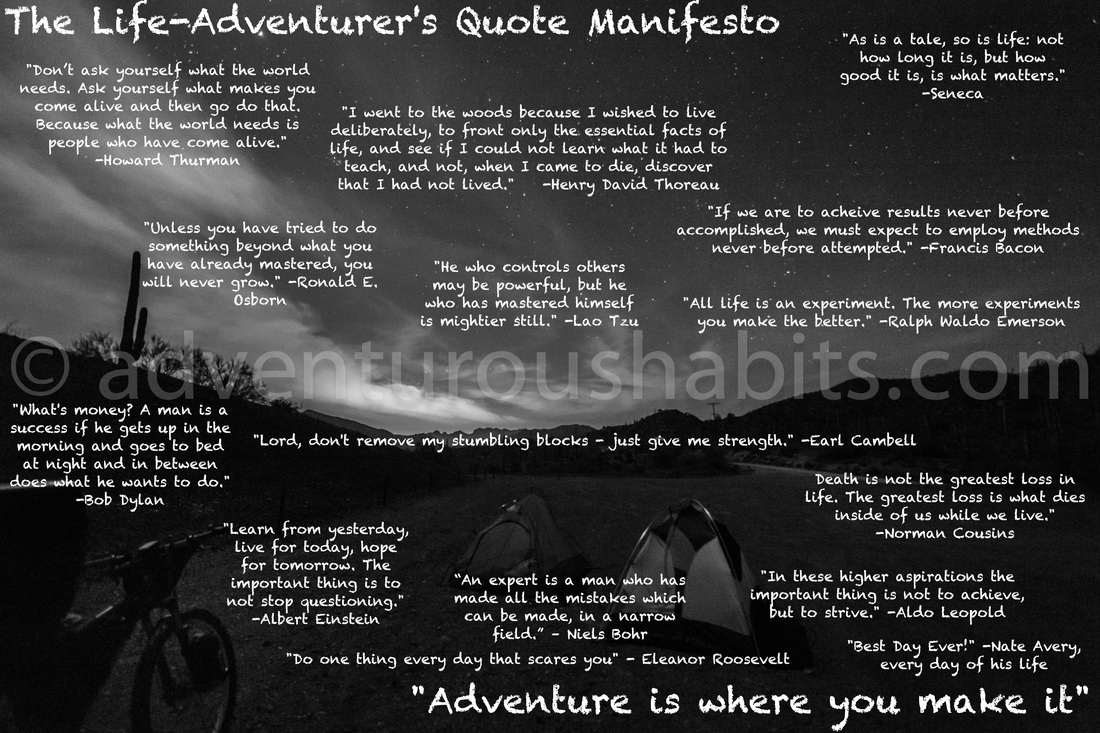Take a second to think about what it feels like to be wrong.
It sucks, right? Why does it suck so much? After all, being wrong can be a beautiful learning experience.
I am coming to believe that we learn in school that to be wrong is to be stupid. Of course this is a gross generalization on my part, but I have taught in a school for two years. I have run many experiments with my classes, hoping to learn how and where I was failing to get important information across and why. In a fairly common experiment, I gave students a ‘just for fun’ problem that I told them was extremely challenging (it was) and observed the responses.
Students were extremely likely to immediately come to me for help, without at least trying the problem on their own. When I informed them that I would not answer any questions on this problem, students were only about 10% likely to answer the problem, despite the fact that it would not count toward their grade! If there was a chance that they were going to be wrong, they would rather not try the problem. Interestingly enough, when I began to strongly praise their effort in completing the problem and de-emphasize the importance of getting the correct answer (Gas Laws are an easy topic to do this for… and this is why I love Gas Laws), students would work on the problem much longer… and many would eventually arrive at the correct answer.
The point here is that it is becoming increasingly clear to me that fear of failure runs deep in our culture. It continues to drive us to take the ‘right’ path, the ‘safe’ path in many aspects of life, and to fear making a leap that might fail. The result is that we do what is seen as ‘right’ in our culture – become a doctor or a lawyer or banker – not because it is our passion or dream to do so, but because we know that it is a safe way to make money.
Today I want to convince you to take that leap. When you do it, though, make sure you go all in – don’t try to only put one foot in the pool. Also, in order to make sure the leap you are making is right, always ask yourself the following:
It sucks, right? Why does it suck so much? After all, being wrong can be a beautiful learning experience.
I am coming to believe that we learn in school that to be wrong is to be stupid. Of course this is a gross generalization on my part, but I have taught in a school for two years. I have run many experiments with my classes, hoping to learn how and where I was failing to get important information across and why. In a fairly common experiment, I gave students a ‘just for fun’ problem that I told them was extremely challenging (it was) and observed the responses.
Students were extremely likely to immediately come to me for help, without at least trying the problem on their own. When I informed them that I would not answer any questions on this problem, students were only about 10% likely to answer the problem, despite the fact that it would not count toward their grade! If there was a chance that they were going to be wrong, they would rather not try the problem. Interestingly enough, when I began to strongly praise their effort in completing the problem and de-emphasize the importance of getting the correct answer (Gas Laws are an easy topic to do this for… and this is why I love Gas Laws), students would work on the problem much longer… and many would eventually arrive at the correct answer.
The point here is that it is becoming increasingly clear to me that fear of failure runs deep in our culture. It continues to drive us to take the ‘right’ path, the ‘safe’ path in many aspects of life, and to fear making a leap that might fail. The result is that we do what is seen as ‘right’ in our culture – become a doctor or a lawyer or banker – not because it is our passion or dream to do so, but because we know that it is a safe way to make money.
Today I want to convince you to take that leap. When you do it, though, make sure you go all in – don’t try to only put one foot in the pool. Also, in order to make sure the leap you are making is right, always ask yourself the following:
“In 20 years from now, will I regret not having done this? Does my heart sing for doing this even though it is risky?”
If you fail, come back and read How to Fail Gracefully. But if you go all in, you won’t fail.
Joe Rogan Podcast #266 - 1:48:50.
Rich Roll: "We are disconnected from our own heartbeat. Most people would say ‘well I don't even know what I like.’ It's like we are disassociated from a higher version of ourselves. A more authentic version that wants to come out is locked down so deep that it's almost like the key is unfindable."
Joe Rogan: "We have become a victim of our own culture, our own creation. The culture of predetermined patterns and obligations and things that you must do, and a lot of them SUCK. And the idea that if you do those things you will be happier is ridiculous. But, then on the other hand, you gotta pay the bills. Finding the ability to pay yourself, feed yourself, and on top of that still feed a dream. You gotta do it before you develop any baggage. One of the most depressing things to be around is someone who never went for it."
See y’all on the other side.


